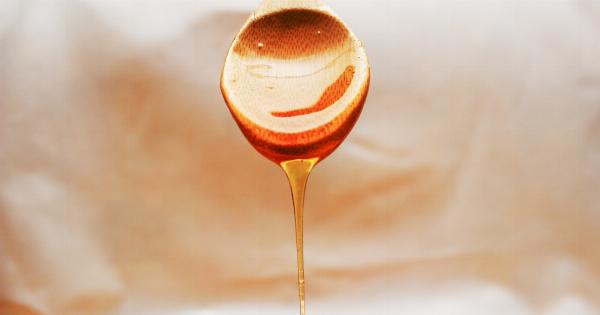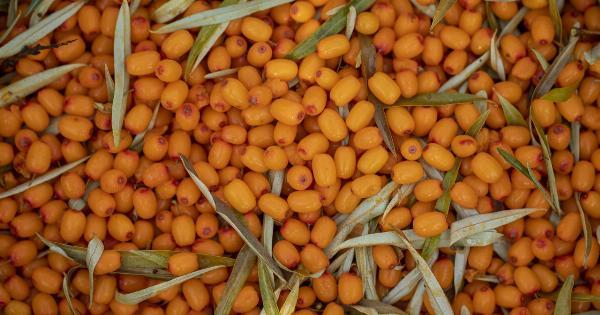If you’re in the market for honey, you may have come across two distinct types: Manuka Honey and Conventional Honey. Manuka Honey is known for its numerous health benefits, while Conventional Honey is widely available and affordable.
In this article, we’ll compare the two types of honey and determine which one is better for you.
What is Manuka Honey?
Manuka Honey is produced by honeybees that feed on the nectar of the Manuka tree, which is native to New Zealand. This honey is known for its antibacterial and medicinal properties.
One of the unique components of Manuka Honey is methylglyoxal (MGO), which is responsible for its antibacterial properties. The higher the MGO rating, the more potent the honey is.
Benefits of Manuka Honey
Manuka Honey has numerous health benefits. Some of the most notable benefits include:.
- Antibacterial properties that can help in treating wounds and preventing infections
- Anti-inflammatory properties that can help with digestive issues and sore throats
- Antioxidant properties that help to fight free radicals and reduce the risk of chronic diseases
- Helps to improve skin health and reduce the appearance of acne and scars
What is Conventional Honey?
Conventional Honey is the honey that most people are familiar with. It’s typically produced by honeybees that feed on the nectar of different types of flowers. This honey is widely available and affordable.
It’s commonly used as a sweetener in tea and other beverages or as a topping for toast and other foods.
Benefits of Conventional Honey
Although Conventional Honey doesn’t have the same antibacterial and medicinal properties as Manuka Honey, it still has some health benefits. Some of the most notable benefits include:.
- Provides a natural sweetener that’s a healthier alternative to sugar
- Contains antioxidants that help to fight free radicals and reduce inflammation
- May help to soothe coughs and sore throats
Price Comparison
One of the biggest differences between Manuka Honey and Conventional Honey is the price. Manuka Honey is more expensive than Conventional Honey due to the unique properties and the limited supply.
On average, you can expect to pay $30-$40 for a jar of Manuka Honey, while Conventional Honey typically ranges from $5-$10.
Taste Comparison
Another difference between Manuka Honey and Conventional Honey is the taste. Manuka Honey has a stronger and more distinct flavor than Conventional Honey. It’s also thicker and darker in color.
Conventional Honey has a milder taste and is typically sweeter than Manuka Honey. The flavor profile will ultimately depend on the type of flowers that the honeybees fed on.
Which One is Better?
The answer to this question ultimately depends on your needs and preferences. If you’re looking for a honey that has antibacterial and medicinal properties, Manuka Honey is the better option.
However, if you’re looking for an affordable sweetener that still has some health benefits, Conventional Honey is a great choice.
Conclusion
In conclusion, Manuka Honey and Conventional Honey are two distinct types of honey that offer different benefits. While Manuka Honey has numerous health benefits, it’s also more expensive than Conventional Honey.
Conventional Honey is a tasty sweetener that also has some health benefits. Ultimately, the choice between the two will depend on personal preferences and needs.































